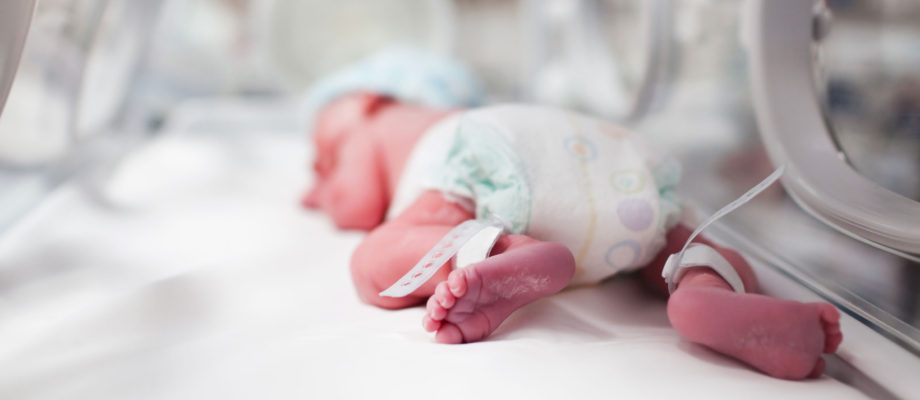NEW STUDY. A new medicine against the severe muscle disease spinal muscular atrophy proved to have such good effect on small children that an international study was discontinued early. A team at Sahlgrenska Academy is in charge of the Swedish part of the trial presented in the New England Journal of Medicine (NEJM).
“This is an important study; it shows that the medicine allows the children to develop their motor skills and that survival is also increased,” says Mar Tulinius, Professor of Pediatrics at the Institute of Clinical Sciences and Senior Physician at Queen Silvia’s Children’s Hospital.
Every year, a dozen children in Sweden get spinal muscular atrophy of which half are affected by the most severe form, SMA type 1. The disease has onset before six months of age and the children never learn to sit without support. Only a few survive until their second birthday. They most often die from respiratory failure since the lung muscles also atrophy. Respiratory assistance can extend life by a few years.

“The children become muscle weak, lose the ability to move their legs and also lose strength in their arms. If they were previously able to roll, they lose that ability. The disease is rapidly progressive and the earlier in life the disease starts, the worse is the prognosis,” says Mar Tulinius.
Considerable improvement
The current study comprised a total of 122 children worldwide. They were up to seven months old when they were enrolled into the study. Two thirds received the medication Nusinersen, also known as Spinraza, while one third received placebo.
At each university hospital that participated, there was a group of physicians and other healthcare personnel who administered the treatment in the form of injections directly into the spinal fluid. The children in the placebo group were given a pinprick through the skin at a corresponding location. Parents and research group leaders did not know which children belonged to which group.
The results show that 51 percent of the children who received the medication improved considerably with regard to motor milestones. Previously lost motor skills came back, the children developed and survival improved. Moreover, the study showed that the earlier the treatment was started, the better effect of the medication.
Among the children in the placebo group, there was no improvement at all. After a so-called interim analysis, a mid-term reconciliation, the study was discontinued for ethical reasons.
Expensive medication
It is a more than 20 year-old genetic discovery that paved the way for the medication. The treatment leads to an increased production of a protein that the children are lacking, a protein required for the motor nerve cells in the spine to function.
The likelihood that a child will have spinal muscular atrophy is 25 percent if both parents are carriers. It is a very unusual diagnosis, which means a high cost per patient for pharmaceutical development.
Sweden recently granted medical approval for the preparation. The costs – SEK 3.2 million for the initial doses and then SEK 2.4 million per year – are under discussion, however.
“It is within the scope of many other expensive orphan drugs, but we will have to see what the recommendations will be,” says Mar Tulinius.
Title: Nusinersen Versus Sham Control in Infantile-Onset Spinal Muscular Atrophy (see www.nejm.org or email press contact for link)
TEXT: MARGARETA GUSTAFSSON KUBISTA











